When Maharaja Priyavrata, following the instruction of Lord Brahma accepted the royal throne, his father, Manu, left home for the forest. Maharaja Priyavrata then married Barhismati, the daughter of Visvakarma. In the womb of Barhismati, he begot ten sons, named Agnidhra, Idhmajihva, Yajnabahu, Mahavira, Hiranyareta, Ghrtaprstha, Savana, Medhatithi, Vitihotra and Kavi. He also begot one daughter, whose name was Urjasvati. Maharaja Priyavrata lived with his wife and family for many thousands of years. The impressions from the rims of Maharaja Priyavrata’s chariot wheels created seven oceans and seven islands. Of the ten sons of Priyavrata, three sons named Kavi, Mahavira and Savana accepted sannyasa, the fourth order of life, and the remaining seven sons became the rulers of the seven islands. Sometimes the planets in outer space are called islands. We have experience of various types of islands in the ocean, and similarly, the various planets, divided into fourteen lokas, are islands in the ocean of space. As Priyavrata drove his chariot behind the sun, he created seven different types of oceans and planetary systems, which altogether are known as Bhu-mandala, or Bhuloka. In the Gayatri mantra, we chant, om bhur bhuvah svah tat savitur varenyam. Above the Bhuloka planetary system is Bhuvarloka, and above that is Svargaloka, the heavenly planetary system. All these planetary systems are controlled by Savita, the sun-god. It is to be understood that all the dvipas, or islands, are surrounded by different types of oceans, and it is said herein that the breadth of each ocean is the same as that of the island it surrounds. The length of the oceans, however, cannot equal the length of the islands. According to Viraraghava Acarya, the breadth of the first island is 100,000 yojanas. One yojana equals eight miles, and therefore the breadth of the first island is calculated to be 800,000 miles. The water surrounding it must have the same breadth, but its length must be different.
Source: A.C. Bhaktivedanta Swami Prabhupada (2014 edition), “Srimad Bhagavatam”, Fifth Canto, Chapter 01 – Text 01, 31, & 33


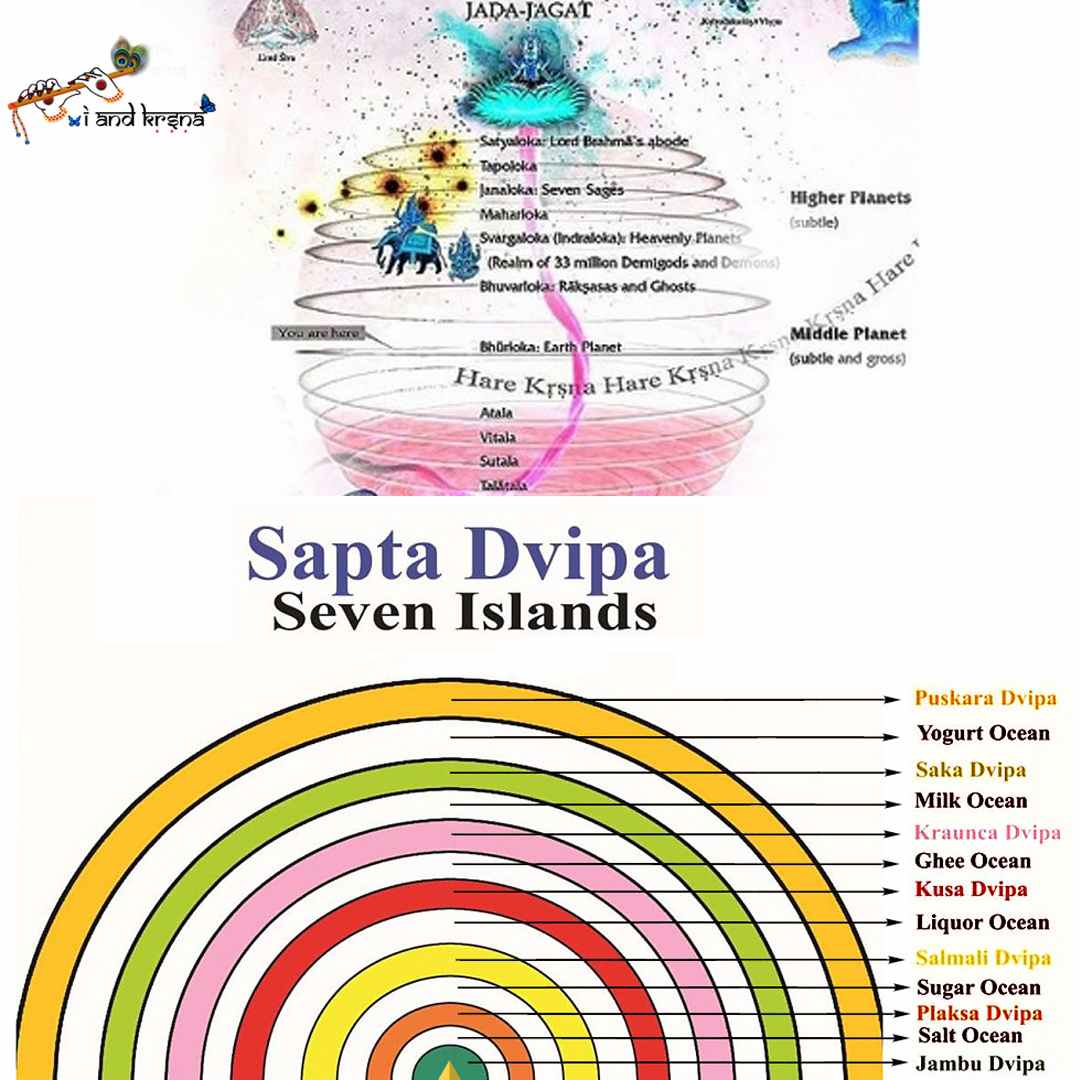
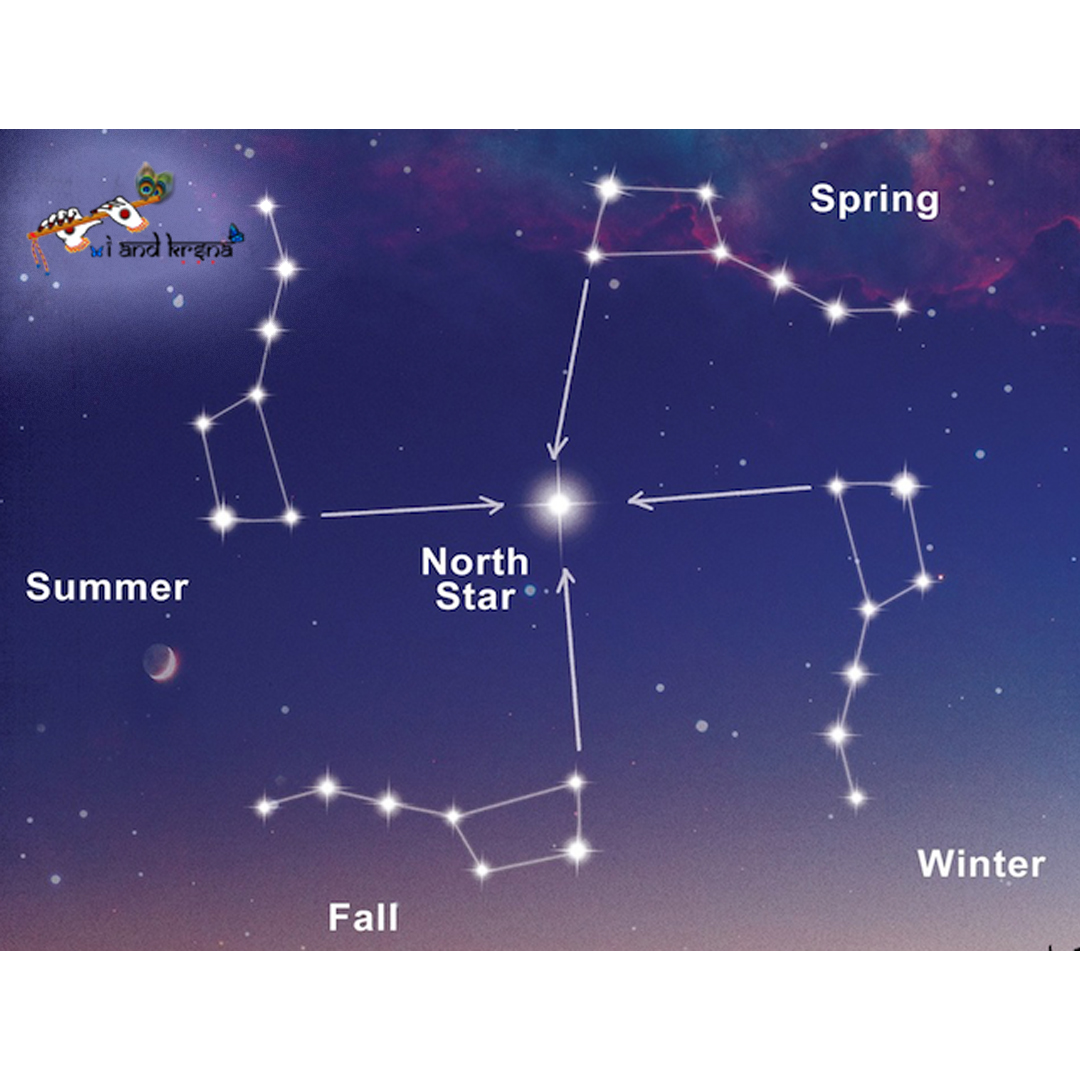
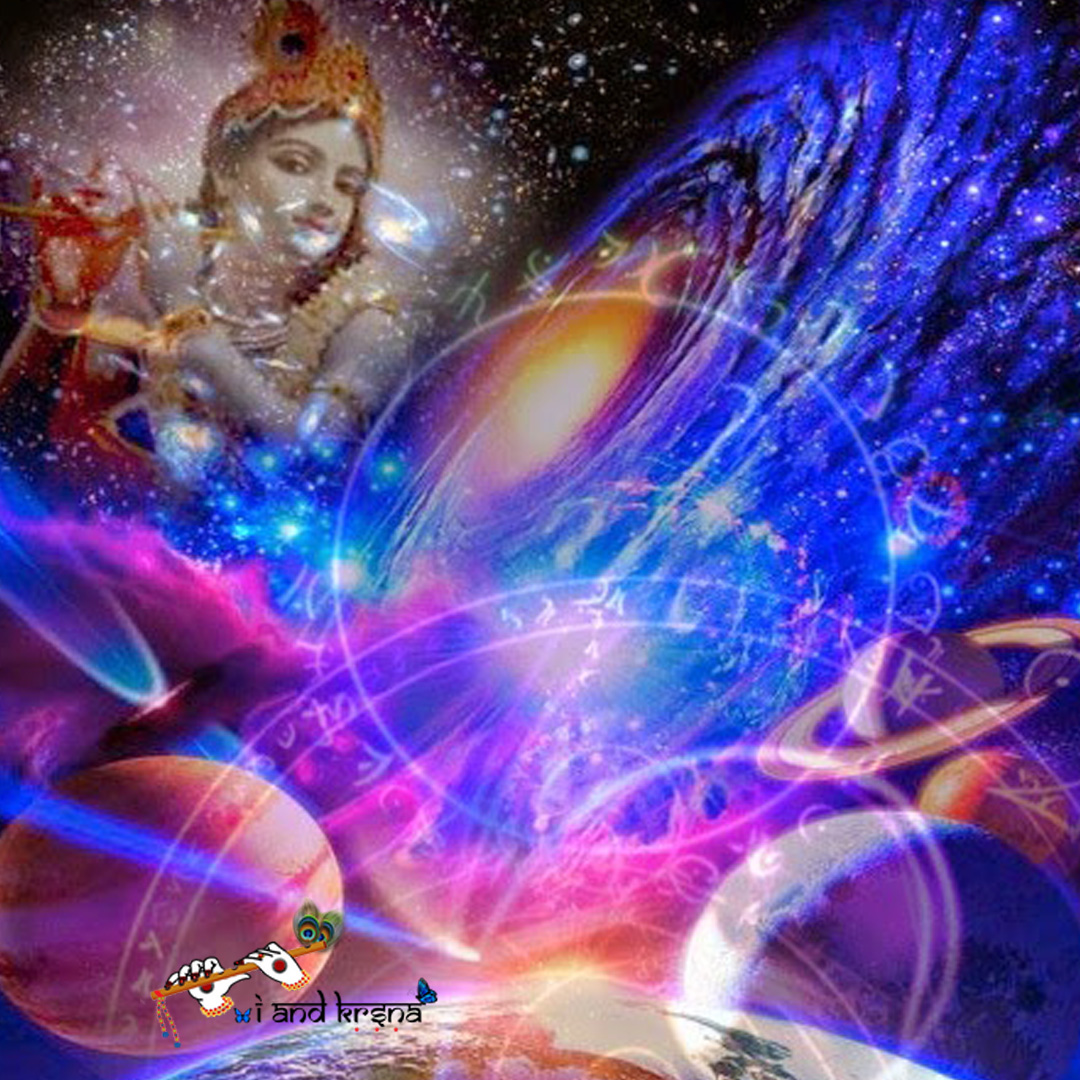
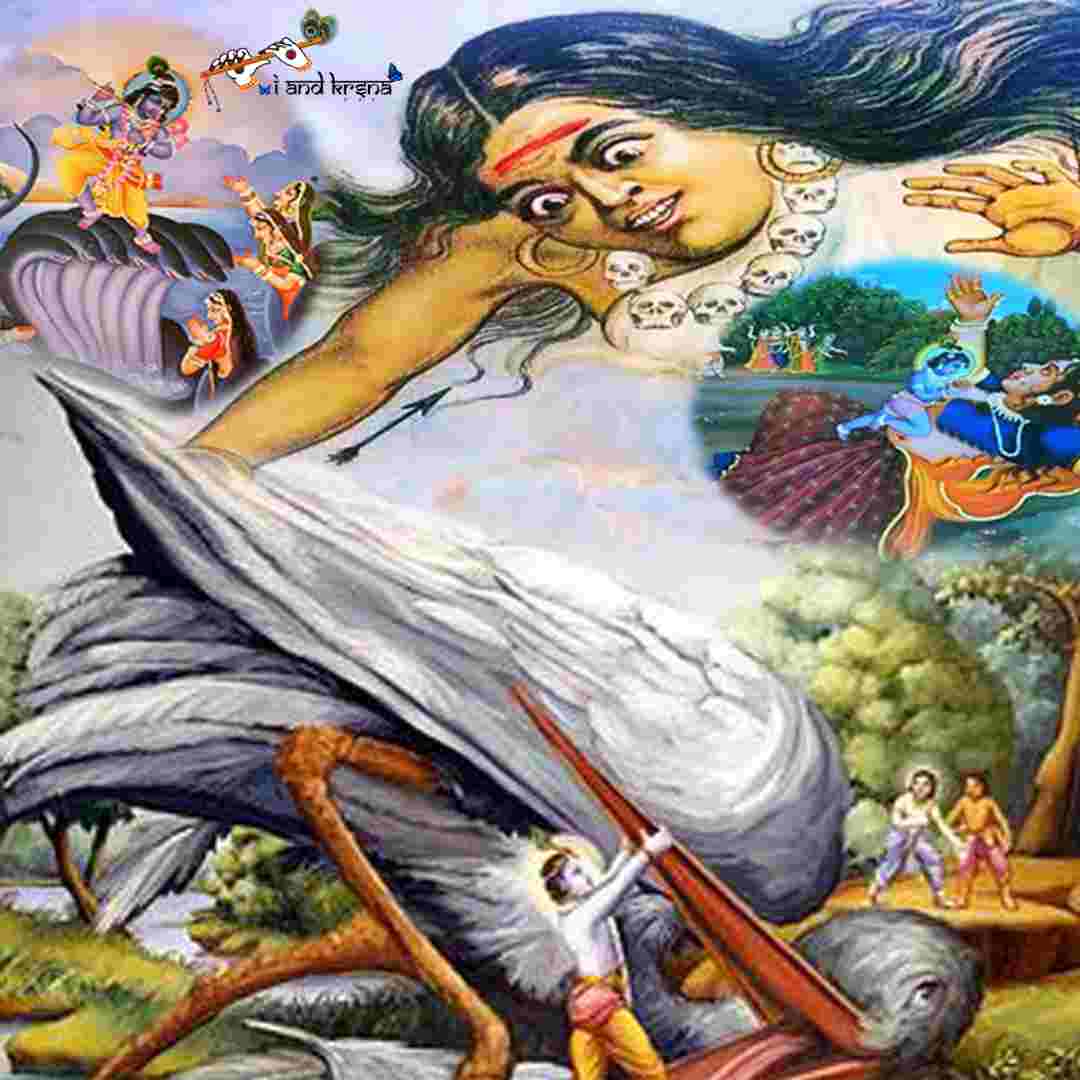


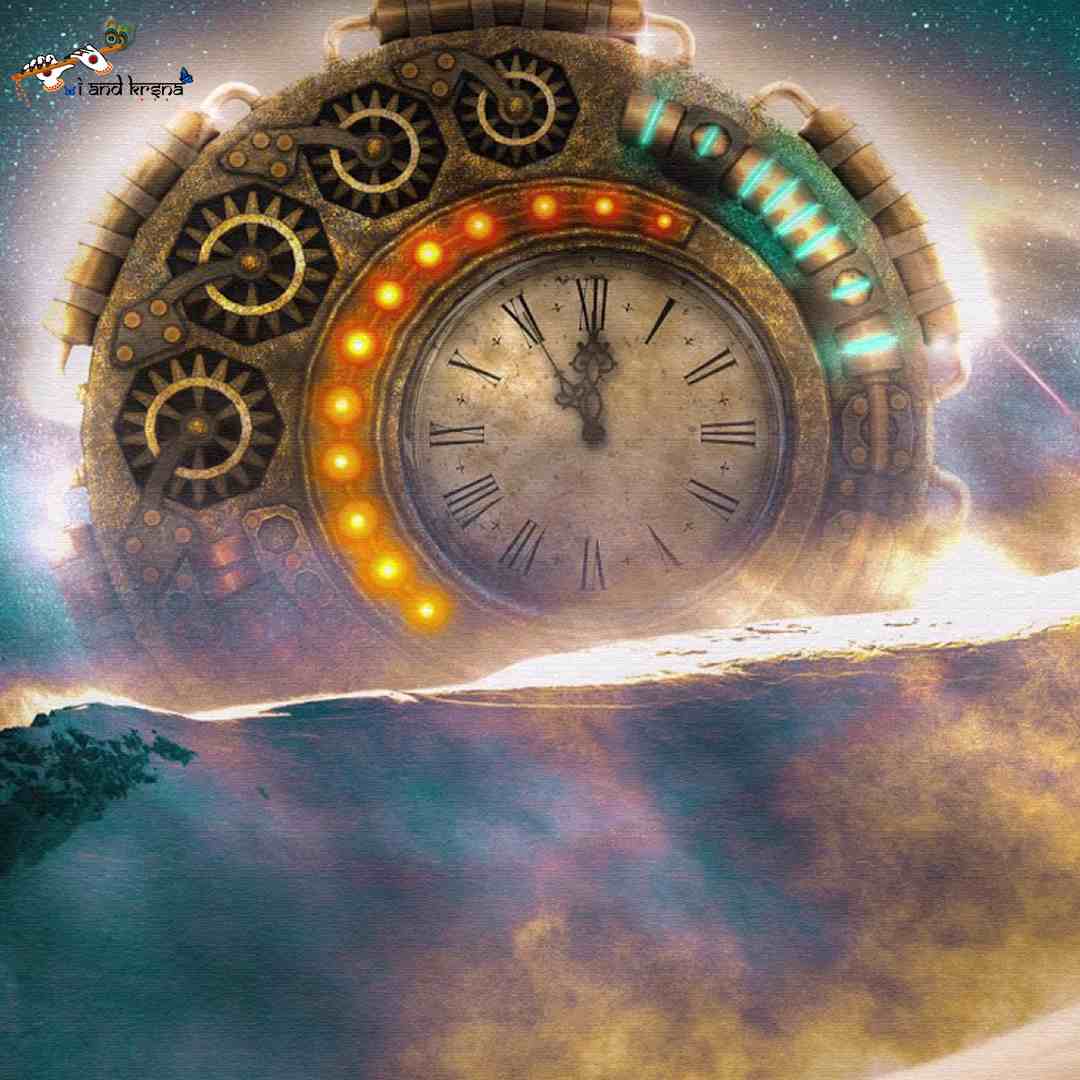












Leave A Comment